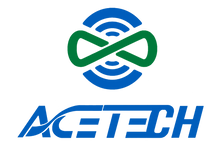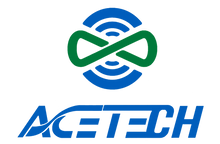
Contact Us
Emergence of EV Battery Makers into the Battery Energy Storage System (BESS) Industry
The ebb in the electric vehicle (EV) industry has prompted EV battery makers to venture into the battery energy storage systems (BESS) domain. Monolith, an AI-driven firm, has been tracking increasing interest in BESS among its clientele.
In a discussion with BEST, CEO Richard Ahlfeld and Marius Koestler, the VP for AI in batteries, revealed that the energy storage sector only began its ascent recently. This surge emerges as a result of disappointing EV sales figures.
Ahlfeld remarked, "Auto companies may not have sold as many cars as they anticipated, but they have certainly acquired substantial expertise in analyzing battery behavior. Given that an electric car is essentially a battery on wheels, automakers are leveraging this knowledge in a sector that has a surplus of energy and demand." He further explained that due to this excess energy in the grid and subsequent demand, their battery solutions have found a new market.
Companies as diverse as Volvo Energy, Porsche and Stellantis are already immersed in secondary battery projects. He added, “Through our automotive clientele, we've naturally transitioned to the BESS market."
Ahlfeld asserts that Monolith anticipates exponential BESS market growth, echoing the projections of Robin Zeng, chairman of China's EV battery producer CATL, which suggests that the BESS market could soon rival half the size of the automotive industry.
Monolith is at the forefront in assisting over half of the world's top 20 automakers, such as Mercedes-Benz, BMW, and Honda, in utilizing machine learning algorithms to test EV batteries. Koestler attributes the company's insights into battery degradation to its experience collaborating with cell developers and integrators in the EV sector.
He noted how this knowledge could be game-changing for the finance sector, particularly investments in Energy Storage Systems; understanding battery degradation and incorporating it into financial modeling could mean the difference between profitable and non-profitful asset investments.
Monolith employs a physics-centered AI tool that can speed up data analysis by 50%. Through a blend of lab and field testing, it gains deeper insights, eliminating common errors like temperature fluctuations.
This helps their customers sell batteries with a testing model showing prospective degradation. Koestler pointed out that, generally, "ESS operators don't consider degradation as a cost, unlike other factors like operation and maintenance cost, Capex and the cost of energy."
Koestler believes that financial underwriters will soon consider degradation in their profitability assessments. Most EV companies' industrial-style test labs generate roughly 2TB of data weekly during their R&D testing process, which, according to Ahlfeld, equates to "tens of millions of data points—an overwhelming volume of information."
Besides its other innovative ventures, Monolith is working on developing aluminium-air batteries for backup storage with a Canadian supplier. They estimate speeding up the validation process by two years with AI deployment, thereby reducing the product's time-to-market.
Ahlfeld suggests that the industry's future will witness increased reliance on automation and autonomous laboratories.
Our expert will reach you out if you have any questions!
